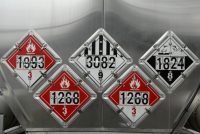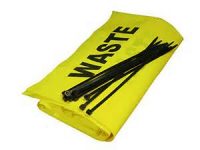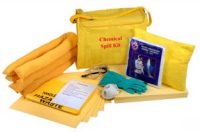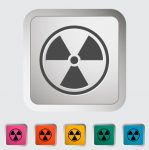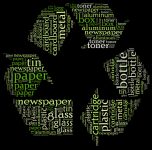Do You Know the Training Requirements for Hazardous Waste Manifests?
According to the EPA, anyone who ships hazardous wastes off-site needs to comply with both EPA’s training requirements for generators and the U.S. Department of Transportation’s (DOT) requirements for training hazardous materials employees. The generator’s certification language on the manifest is essentially the same certification language that the DOT refers to as the “shipper’s certification.” […]


